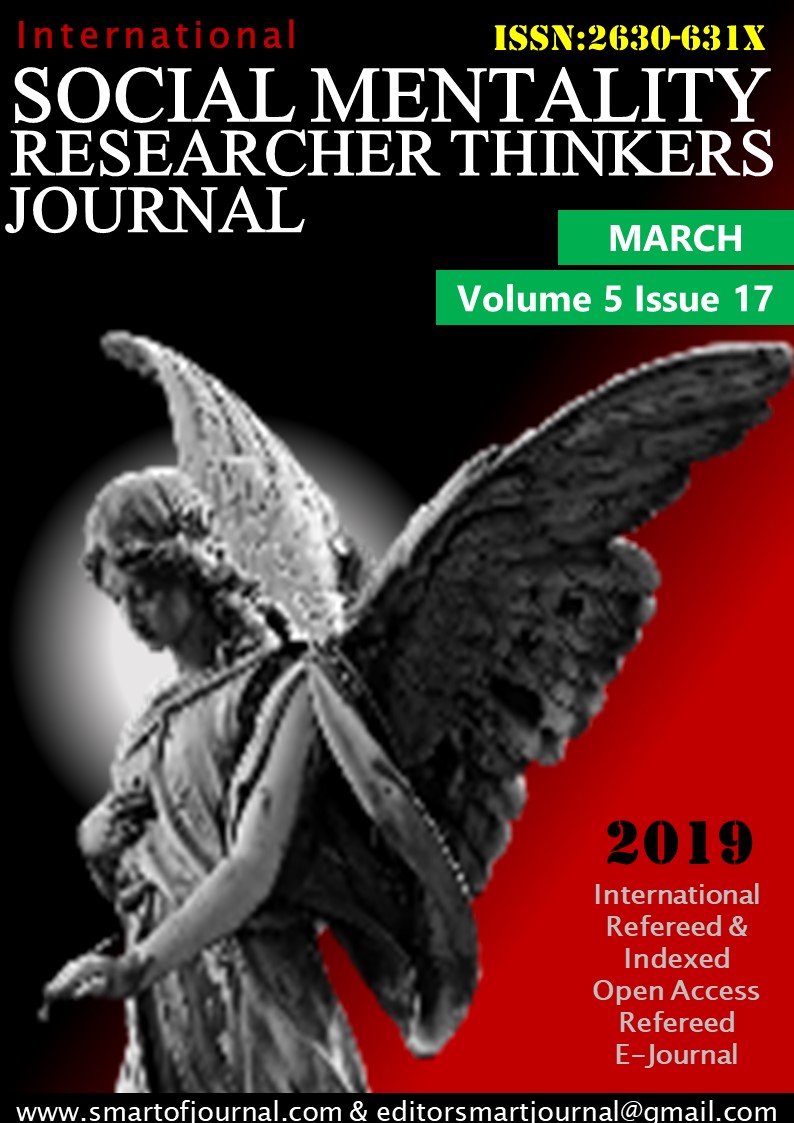Applicability Of The New Approach Of Public Administration In The Countries Of The Middle East: PESTEL Approach
Author :
Abstract
Keywords
Abstract
The classical public administration was the subject of many criticisms from the past until today. The new public administration has been designed to respond to all these criticisms. The principles of transparency and accountability of the new public administration in relation to the duties and powers of the state place the public interest in the foreground. In examining the development process of the new public management approach, it emerges that this management style has emerged with the transition to the information society. In examining developments in recent years, it can be said that the new public administration will be the ideal form of leadership in the future. This study will examine the applicability of the new approach of public administration in the countries of the Middle East. In order to compare the conception evaluations and the results of fieldwork in the study, a rating scale of a total of 20 academics consisting of 5 persons was used. Participants were asked to rate the applicability of a new public administration in the countries of the Middle East with Visual Analogue Scale from 1 to 10. Then the average values of each score element are sorted by importance and sorted. Research shows that technology is the highest applicability, followed by social and legal applicability. The minimum of applicability is political applicability. However, in all evaluation areas, with the exception of technological applicability, the applicability level is below 5.
Keywords
- Alonso, J. M., Clifton, J. and Diaz-Fuentes, D. (2015). “The impact of New Public Management on efficiency: An analysis of Madrid's hospitals”, Health Policy, 119(3), 333-340.
- Ashraf, J. and Udin, S. (2016). “New public management, cost savings and regressive effects: A case from a less developed country”. Critical Perspectives on Accounting, 41(1), 18-33.
- Bezes, P. et al. (2012). “New public management and professionals in the public sector. What new patterns beyond opposition?”. Sociologie du Travail, 54(1), e1-e52.
- Cavalcante P. and Camoes, M. (2017). “Do the Brazilian innovations in public management constitute a new model?”. RAI Revista de Administração e Inovação, 14(1), 90-96.
- Grossi, G. and Pianezzi, D. (2018). “The new public corruption: Old questions for new challenges”. Accounting Forum, 42(1), 86-101.
- Gruening, G. (2001). “Origin and theoretical basis of New Public Management”. International Public Management Journal 4 (2001) 1–25.
- Kirk, N., Brower, A. and Duncan, R. (2017). “New public management and collaboration in canterbury, New Zealand’s freshwater management”. Land Use Policy, 65(1), 53-61.
- Matei, A. and Antonie, C. (2014). “The New Public Management within the Complexity Model”. Procedia - Social and Behavioral Sciences, 109(1), 1125-1129.
- Ottoway, M., Brown, N. J., Hamzawy, A., Sadjadpour, K. and Salem, P. (2008). The New Middle East. Carnegie Endowment for International Peace, 1779 Massachusetts Avenue, NW, Washington, DC.
- Özalp, O. N. (2011). Where is the Middle East? The Definition and Classification Problem of the Middle East as a Regional Subsystem in International Relations. TJP Turkish Journal of Politics Vol. 2 No. 2 Winter 2011.
- Robinson, M. (2015). From Old Public Administration to the New Public Service Implications for Public Sector Reform in Developing Countries. 2015 UNDP Global Centre for Public Service Excellence #08-01, Block A, 29 Heng Mui Keng Terrace, 119620 Singapore.
- Vabo, M. (2009). New Public Management, The Neoliberal Way of Governance. Rannsóknarritgerðir / Working papers; nr. 4 2009.
- Zulfqar, S. (2018). Competing Interests of Major Powers in the Middle East: The Case Study of Syria and Its Implications for Regional Stability. PERCEPTIONS, Spring 2018, Volume XXIII, Number 1, pp. 121-148.
